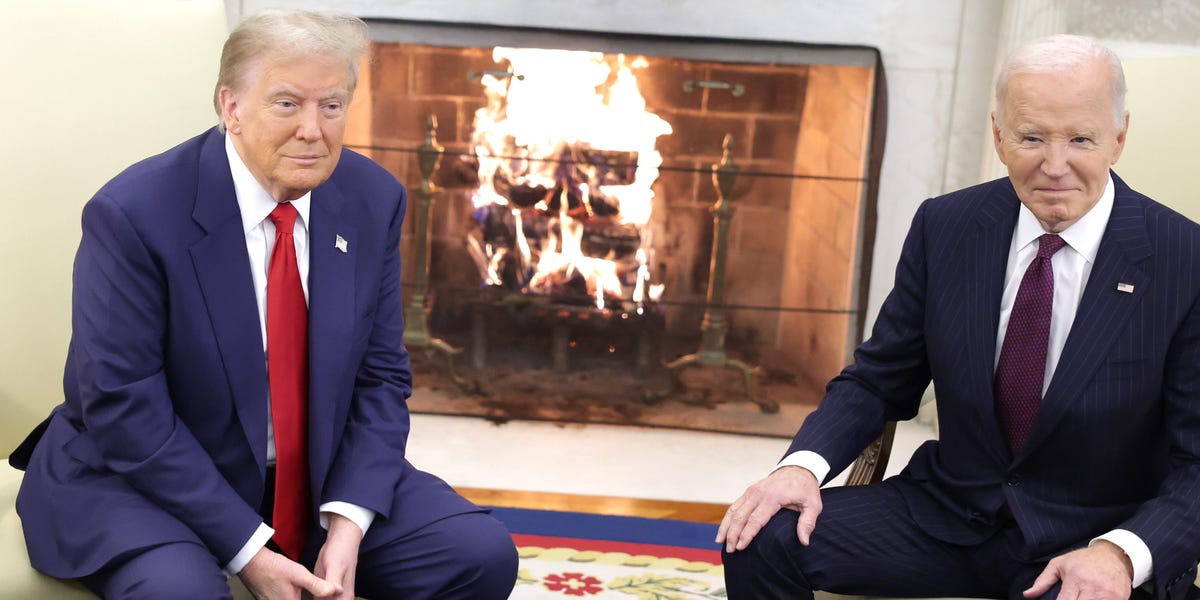The economic policies of the Trump administration have raised concerns about a potential recession and a drop in the stock market. The S&P 500’s recent correction reflects investor unease regarding these policies.
With the 2026 midterms approaching, Trump risks political repercussions by disregarding the worsening economic sentiment. Similar to how President Joe Biden’s insistence on a strong economy overlooked the impact of high inflation, the Trump administration may now be neglecting negative economic indicators.
In its early months, the Trump administration has faced a declining stock market, reduced consumer and business sentiment, and growing recession fears, with little acknowledgment of the economic pain caused by policy uncertainty.
Treasury Secretary Scott Bessent has downplayed the situation, stating that market corrections are “healthy.” Meanwhile, Trump continues to assert that tariffs are beneficial for the economy despite market and consumer concerns.
A declining stock market could negatively affect the economy if it does not recover soon, highlighting a difference in economic sentiment compared to the Biden administration. Mark Zandi, chief economist at Moody’s, noted that the economy relies heavily on consumer spending, particularly from affluent individuals who closely monitor their stock portfolios. If the stock market continues to decline, these consumers may reduce spending, potentially leading to an economic downturn.
Wall Street analysts have also taken notice, with RBC strategist Lori Calvasina lowering her year-end S&P 500 price target due to weakening sentiment. Goldman Sachs and other financial institutions have similarly reduced their forecasts due to increased political and economic uncertainty.
April 2 is a critical date for investors, as it is when Trump has threatened to implement reciprocal tariffs. If enacted, these tariffs could significantly increase America’s tariff rates to levels not seen since the 1930s.
Zandi warned that a large number of trading partners responding in kind could trigger a recession, as seen in the 2018 trade war which harmed the manufacturing sector.
If a deal to avoid a trade war is reached, it could alleviate some of the uncertainty affecting markets. However, the real risk for Trump is being rejected at the polls if the economic mood continues to worsen.
— news from Business Insider
